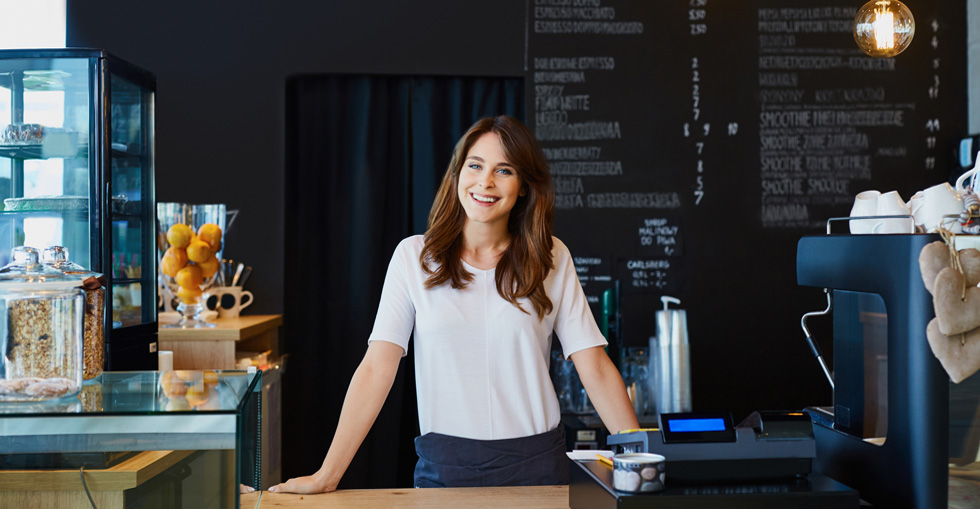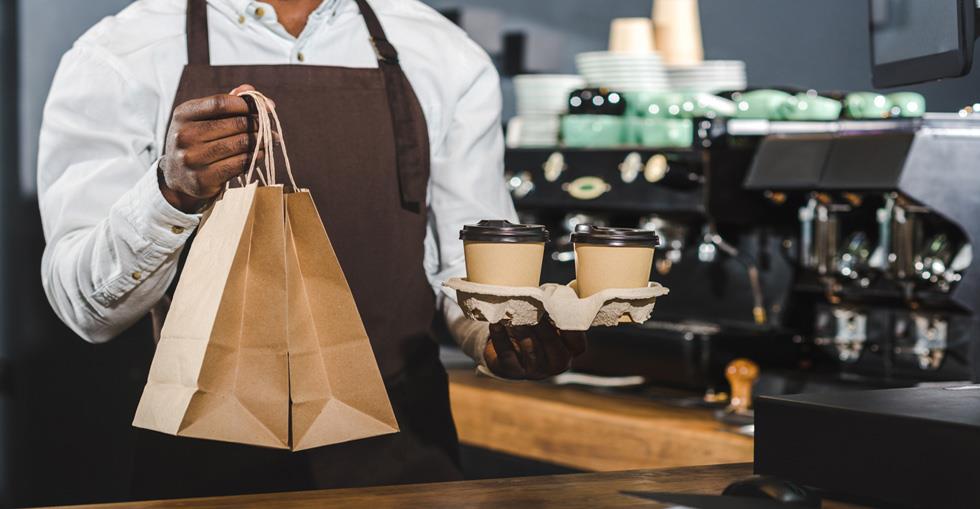The UK coffee shop sector has achieved annual outlet and revenue growth for the last 20 years, making it an ideal time to sell your business.
With more entrepreneurs filtering into the sector, you could attract more than one potential buyer for your coffee shop, which could trigger a bidding war. This often results in a higher sale price and can give you more leverage as a seller.

Right timing
At the time of writing, there are thousands of coffee shops across the UK, with a total market value of £10.1 billon, making it a booming and profitable industry for aspiring entrepreneurs. The sector is also showing healthy growth, with annual sales increase of close to 8%.
This is a great time to sell your coffee shop business. Industry reports show 20 years of consecutive market growth, and there’s no signs of the sector slowing down. However, with the uncertainty of Brexit looming over the UK, selling a business may take longer than usual.
The UK is one of the world’s greatest tea consumers; however, coffee has grown steadily in popularity, with 79% of Brits drinking coffee seven days a week. Costa, Starbucks and Caffè Nero are the leading outlets, but many independents are still fuelling the nation’s caffeine fix.

Preparing for sale
Whether you operate out of a van, building of phone box, your business needs to impress prospective buyers. Make any necessary repairs to the exterior of your shop to improve its curb appeal, and service any machinery and equipment that you plan to include in the sale.
You will also need to have all your accounts in order, with clearly documented trading history, profit and turnover figures. Potential buyers will want to review your accounts for the last three years. You should also make sure your licenses and permits are all up to date.
Planning your exit strategy is vital to guarantee the sale process goes smoothly, and you get the best price. Do you plan to retire? Or will you be opening another coffee shop in a different location? If so, you may want to hold on to your brand and valued staff members.
John Richardson is an industry expert and regular Boughton's Coffee House contributor. He suggests that, "Your business should function as any smoothly functioning system. This system is ultimately what you’re selling – it’s a system that can predictably and reliably produce profit for the buyer. The stronger the system the more confidence a buyer has and the more you’ll get paid.
"For that to happen you need to have multiple processes within the system. Processes to operate your coffee machine, your till system, clearing tables, dealing with complaints... you know the drill, in a coffee shop the jobs we do are endless and, as much as is humanly possible, they should all be covered by a process. Legendary business consultant Michael Gerber (author of The E-myth) put it best when he said, 'Let systems run the business and people run the systems. People come and go but the systems remain constant.'
"It’s impossible to argue with that other than to never forget that in hospitality people are incredibly important to your business. You want great people running great systems but not to the level where they become an automaton. Somewhere within your system you need to build in some trust as well as flexibility to allow your great people to shine as they can also help your business to grow. It’s a tough balance."
Valuation
Determining a price for your coffee shop can be difficult. As the owner, you’re likely to have a high emotional attachment to the business which can make you a bias. Hiring a business broker will help you determine a fair price and have a mediator throughout the sale process.
There are various ways to value a business, you’ll need to make an inventory of all the tangible assets, such as any equipment and unused stock. You should consider what intangible assets you intend to include too, such as patents, branding and trademarks.
A common method used to value a coffee shop business will consider the business revenue plus inventory. You can also base the valuation by using the annual discretionary cash flow figures plus the inventory. Speak to your accountant to determine the best valuation method.
Financial and operational performance factors will play a large part in determining the value of your coffee shop. However, other aspects such as the business's location, the physical size, average footfall and local competition will also affect the sale price.

Marketing your business
Advertising your business online is a great way to reach a wide audience of potential buyers across the country, and even worldwide. If you’ve hired a business broker, they may have useful contacts in the industry that could be interested in buying your business.
Don’t underestimate the power of your own contacts too; speak to family and friends to see whether they know of anyone who is keen to break into the coffee shop scene. You can also appoint a business real estate agent but be prepared to pay a hefty commission fee.
Local publications and trade magazine can be a great way to attract buyers; however, word could get back to your employees. You can maintain discretion by omitting the businesses name and photos of the shop front on your advertisement.



